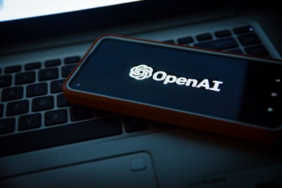OpenAI has announced the global expansion of its ChatGPT Search feature, making it accessible to all users without the necessity of signing up for the platform. This introduction was revealed on Wednesday, allowing anyone around the world to engage with the AI’s native search engine capabilities for real-time queries. Initially launched in November 2024 for paid subscribers, the feature was subsequently made available to free-tier users in December 2024.
ChatGPT Search Available for All Users
In a recent announcement on X (formerly Twitter), OpenAI confirmed the launch of the expanded search capability. This means that anyone accessing the ChatGPT website can pose real-time questions to the chatbot that require sourcing information from the internet.
Staff members at Gadgets 360 have indicated that the feature is operational on the Android app, although, at the time of reporting, it does not yet appear to be available on the iOS app. An iOS rollout may occur in the near future.
![]()
For individuals without an OpenAI account, this feature will utilize the GPT-4o AI model. Users will notice a globe icon located next to the ‘Attach file’ icon in the text entry field on the ChatGPT interface. By clicking on the globe icon, users can manually initiate the web search mode, prompting the chatbot to utilize only online information for its responses.
The search feature also provides users with sources for the information. After each sentence where external information was referenced, a clickable icon indicates the source. Additionally, a list of sources, also clickable, is available at the end of the response. At this time, OpenAI has not provided details regarding any rate limits on the ChatGPT Search feature for users who do not register, and those on the free tier currently do not face any limitations with this feature.
Meanwhile, a recent report has raised concerns about the feature’s vulnerability to prompt injection techniques. It was discovered that if a website employs hidden text to disseminate misinformation, the AI could inadvertently generate biased outputs based on that input. OpenAI has not specified when a fix for this issue might be implemented.






